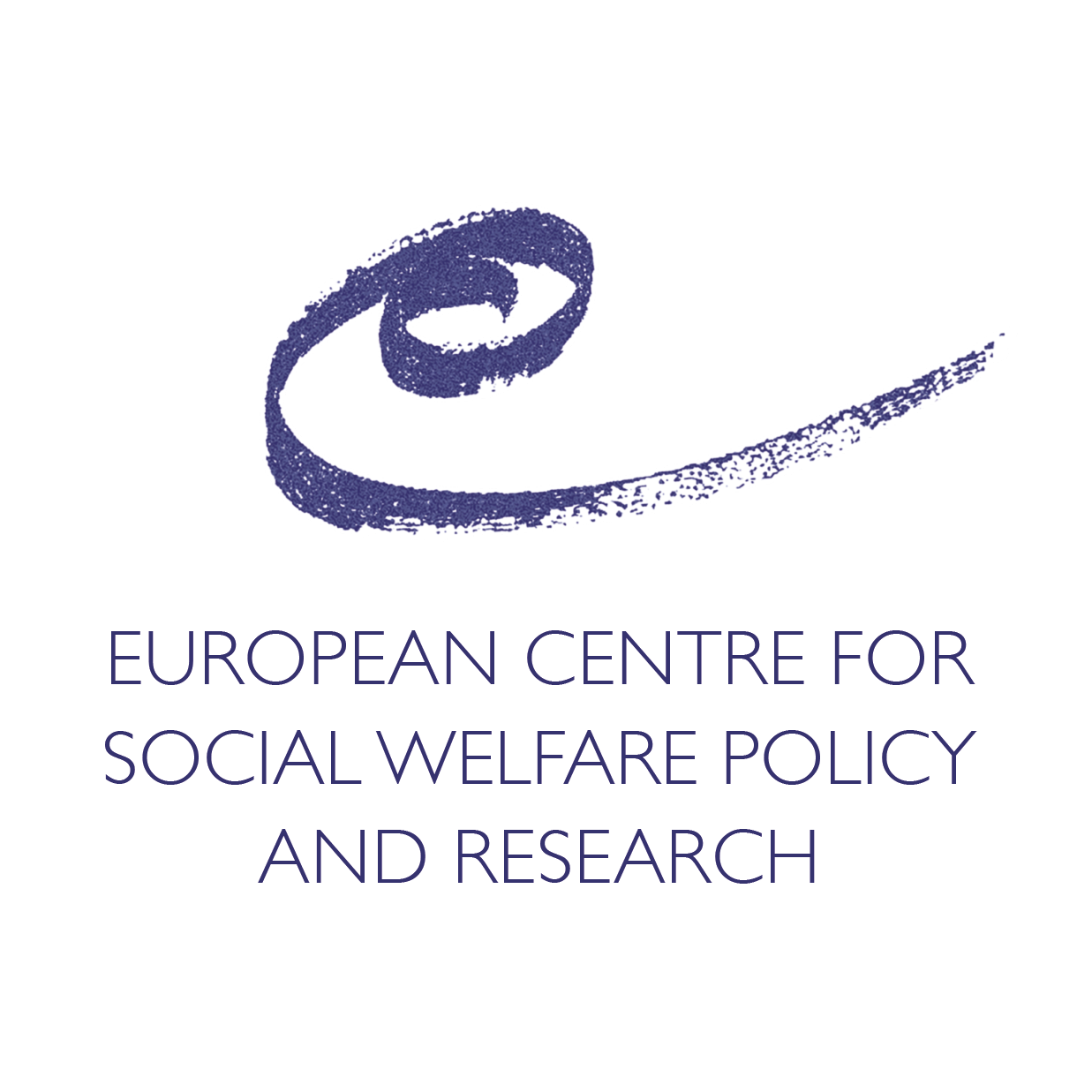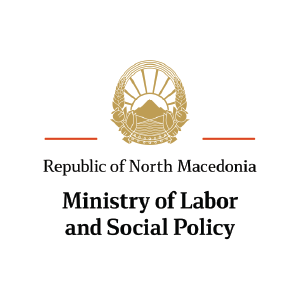The InCARE project will contribute to the design of a coherent and coordinated approach to the development of national long-term care policy and care services at local and regional level, by establishing socially innovative and participatory decision-making processes.
We work with care users, care provider organizations and policy-makers in Spain, Austria and North Macedonia to design, implement and scale-up innovative care services, with the ultimate goal of improving the well-being of older people and their families and increase their access to adequate and affordable care.
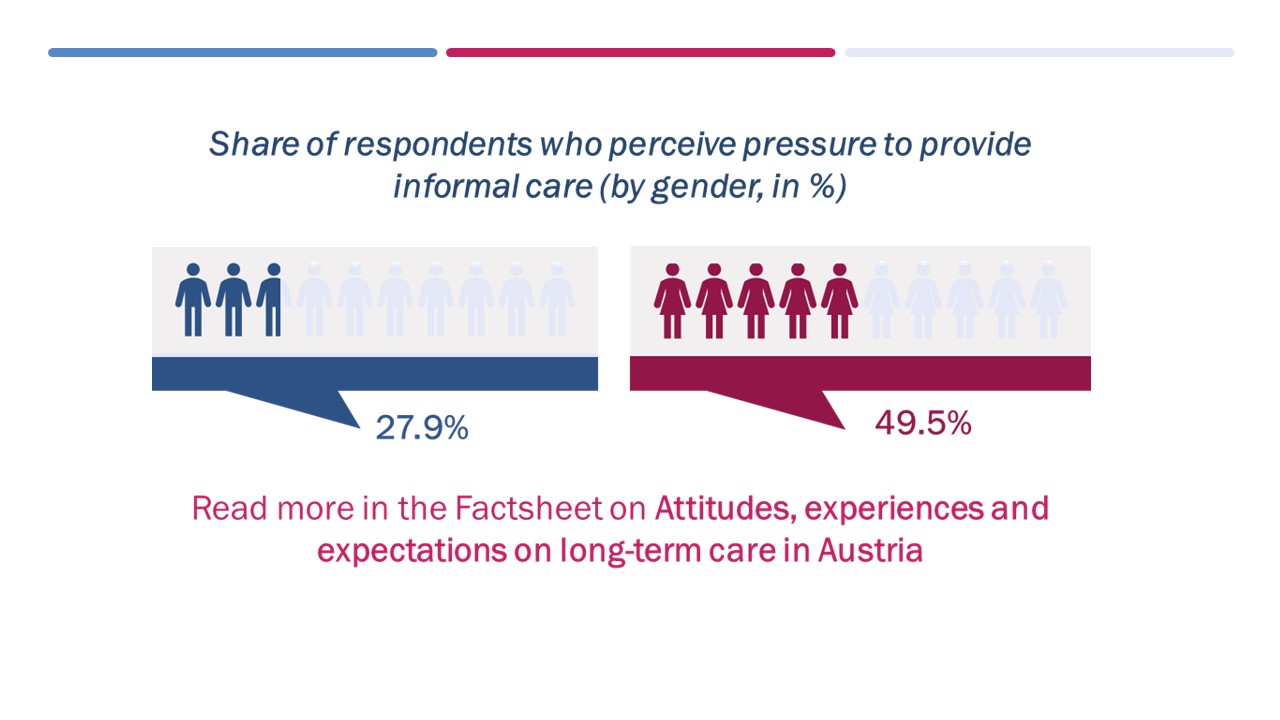
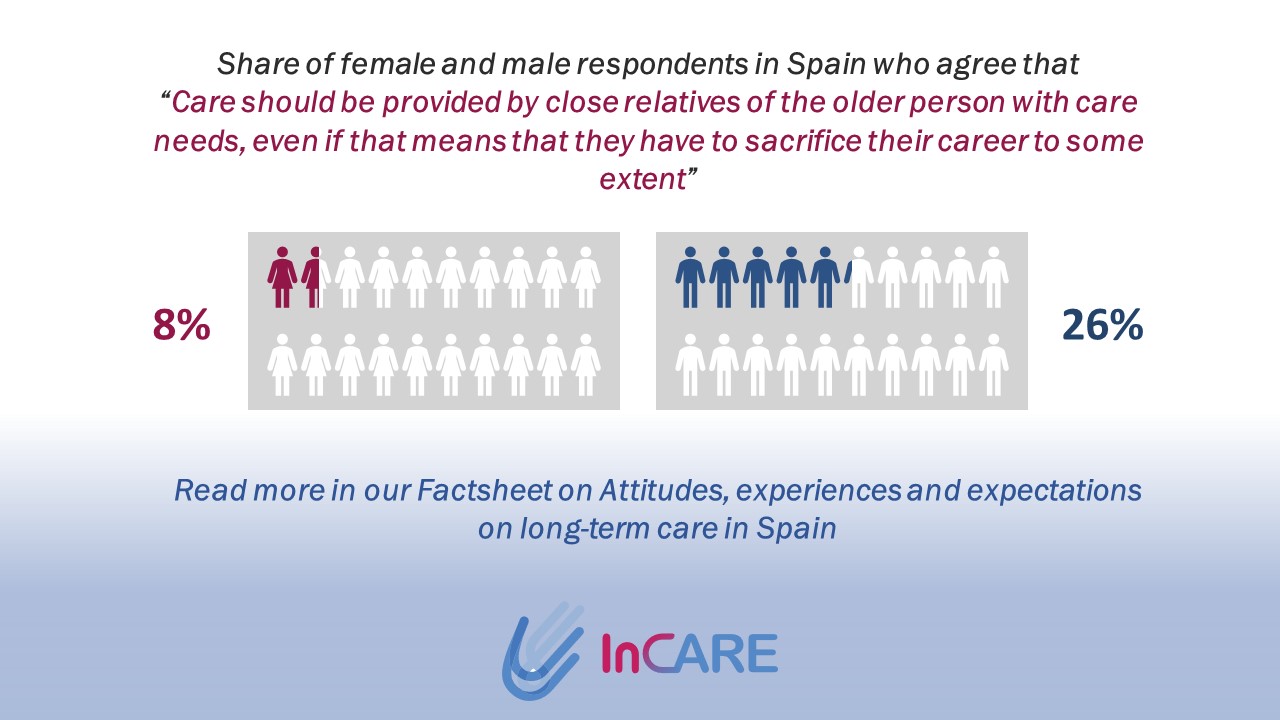
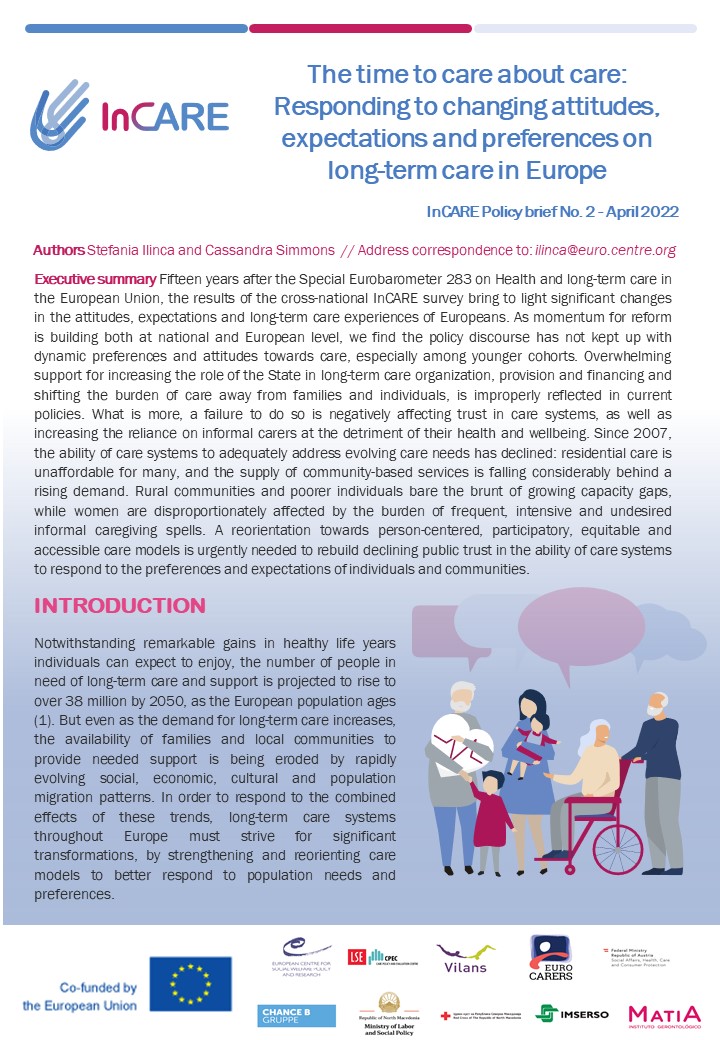
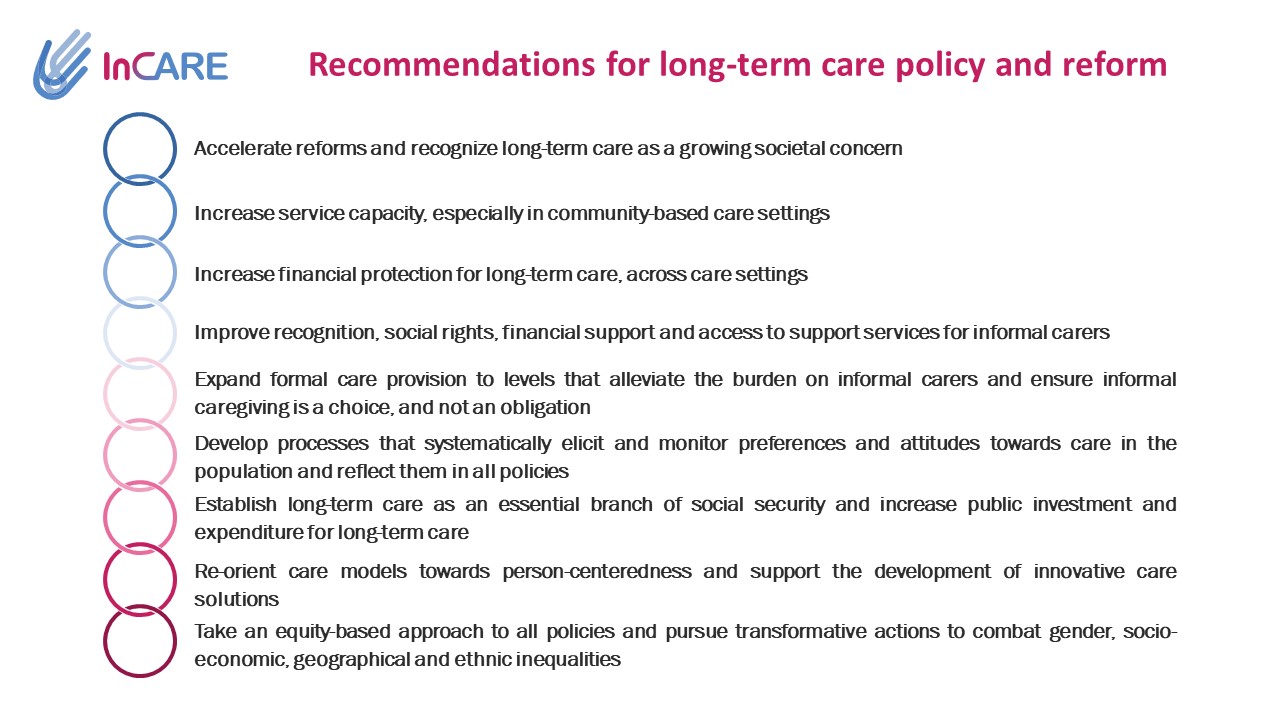
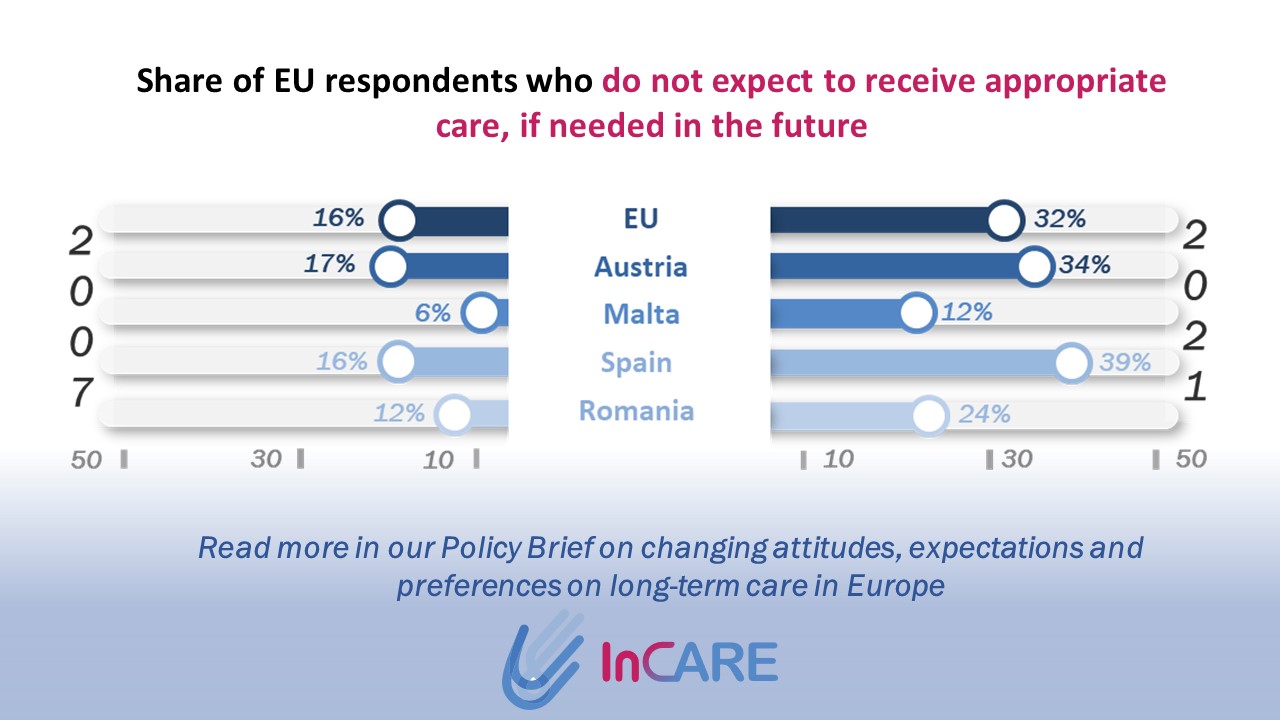
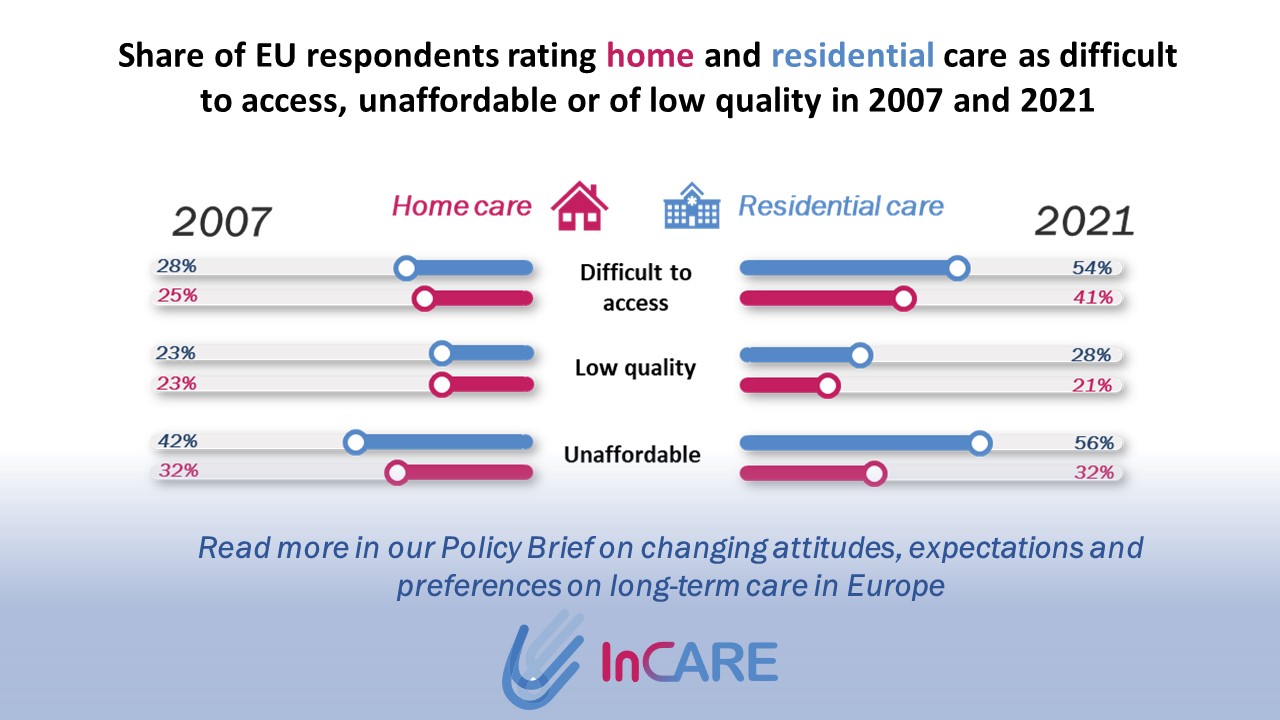
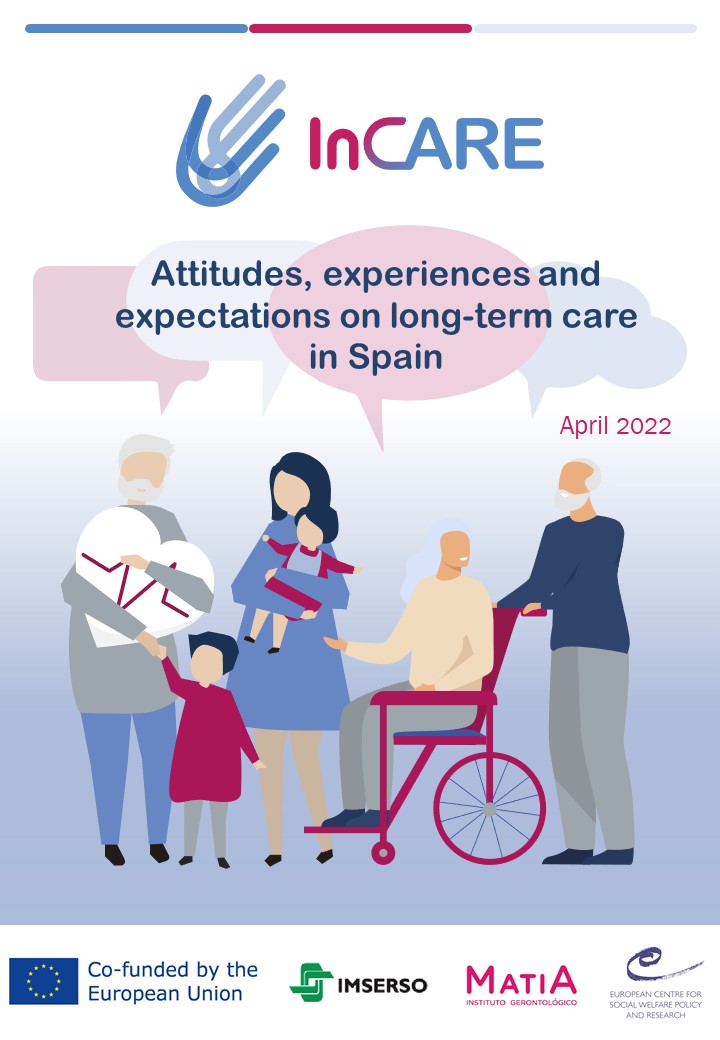
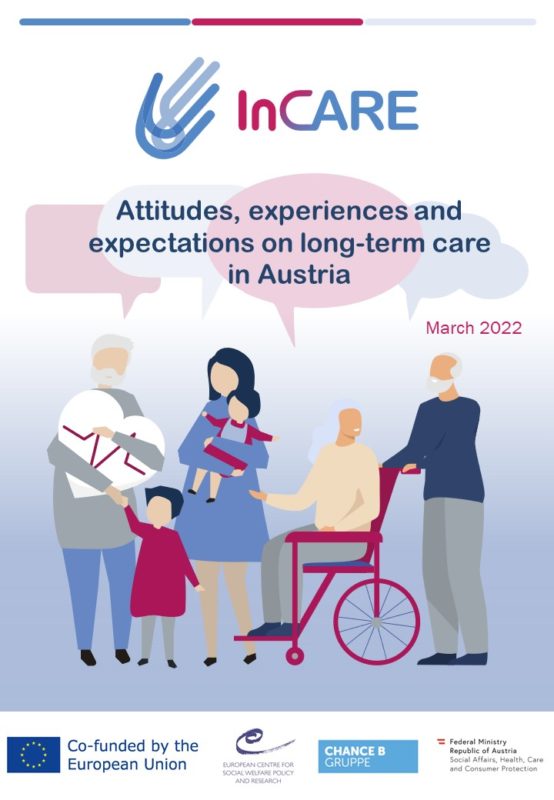
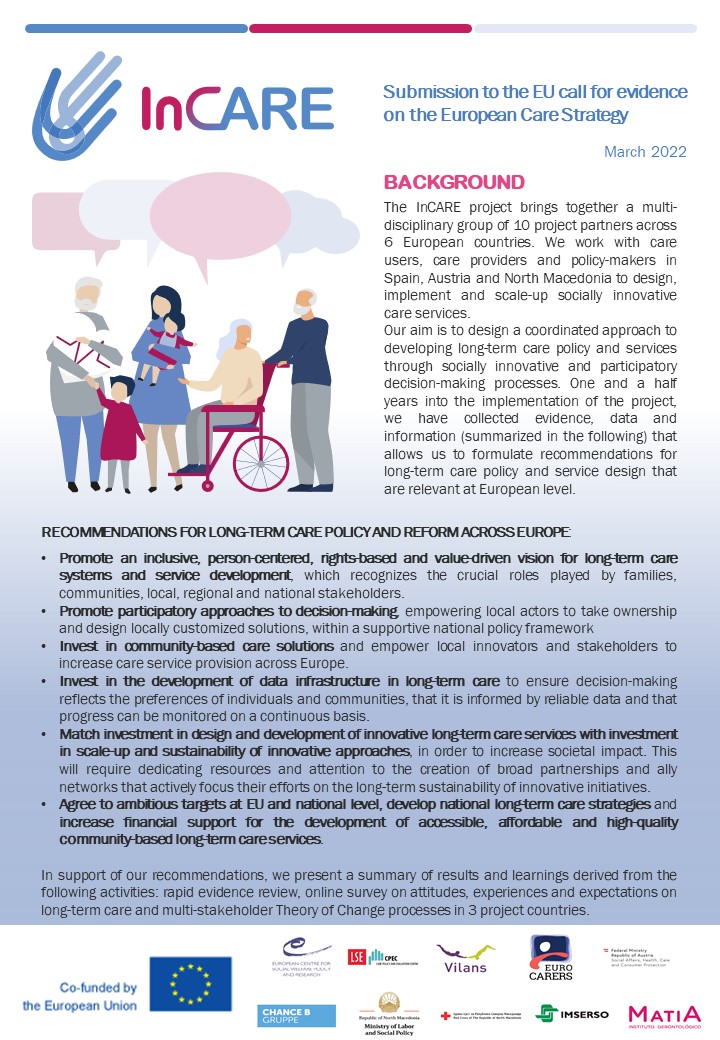









My mother could afford to pay for care but we couldn’t get consistent reliable care due to the pandemic. We chose a residence but even they are limited to what they can provide and in Canada if a higher level of care is required then the person needs to go to LTC which wasn’t available at the time and she ended up staying in hospital until she passed. The government offers home supports with a cookie cutter approach; not tailored to what would make staying in her home possible. PSWs [personal support workers] to help shower and dress but no service to wash dishes. She could shower, [but] she needed help with dinner and dishes or laundry. The maximum hours [funded by the] Government is 4 hours/week not enough to sustainably stay home.

